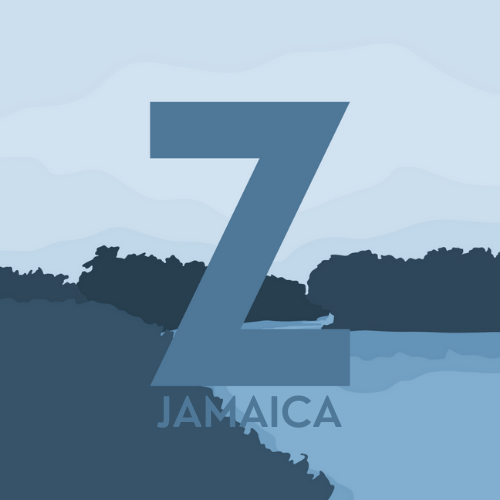Kayla Francis | December 1, 2021
Jamaica gained its independence in 1962, but many people have questioned the Queen remaining as head of state.
As Head of State for Jamaica, the Queen’s role is purely ceremonial. The Queen is Head of State, and, on the advice of the Prime Minister, she appoints a Governor-General to be her representative in Jamaica. The Governor-General must have no affiliation to any political party. Neither the Queen nor the Governor-General has any real authority in conducting the administration of the country. Real legislative and executive responsibilities rest with the elected representatives of the people. The Queen is also Head of State for the following countries: Antigua and Barbuda, Australia, Bahamas, Barbados, Belize, Canada, Grenada, New Zealand, Papua New Guinea, Saint Kitts & Nevis, St Lucia, St Vincent & The Grenadines, Solomon Islands, Tuvalu, and the United Kingdom. Barbados plans to remove the Queen as head of state on November 30, 2021.
Questioning Jamaica’s independence: Is the government attempting to play both sides?
Keeping the queen as Head of State gives the guise of trying to remain in the Queen’s circle or good graces while standing under the umbrella of independence.
In many ways, including slavery, investment, and economic trade, the Jamaican government has consistently tried to maintain its relationship with developed countries such as Britain, China, and the United States. The strongest and longest connection however has been that with the British.
Will removing the Queen as Head of State, as an attempt to fully leave our colonial past behind completely sever the relationship cultivated between Britain and Jamaica?
Although the role of the queen as head of state is purely ceremonial, what does this say about Jamaica as a country presenting itself to the world as independent?
The Queen, undeniably, is a symbol of Jamaica’s colonial past. The Queen plays no role when it comes to passing legislation in the country, as previously stated. So why does she remain in this position?
Using another example, in Jamaican legal matters, the final court of appeal is the Privy Council of the United Kingdom. Why Jamaican civil matters are referred to the court of the United Kingdom, and not an executive body such as the Caribbean Court of Justice is questionable.
Under the JLP government, there was a constant refusal to have this changed, on the basis that a referendum should take place and the Jamaican people should decide. However, if Jamaica is an independent country, why are Jamaican matters (at the highest level) referred to the court of another country (and region); when a regional Caribbean body with similar duties exists?
Similarly, if the role of the Queen is only symbolic, why does she remain in this role? This alludes to the fact that the Jamaican government is not ready to leave our colonial past behind.
If we are to remove the queen as head of state? What would this mean for Jamaica?
- Jamaica would become a constitutional republic.
- A President would be appointed.
- The president would be a symbolic leader with no political alliances. This role is purely civic and they would have no powers to make policy.


Leave a comment